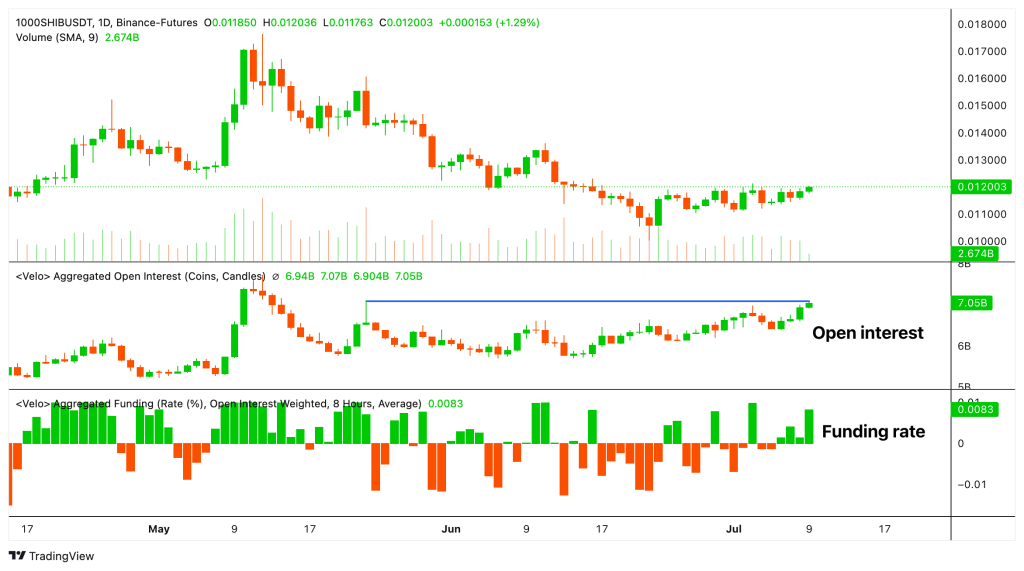Business solutions suite provider Zoho has released a new browser called Ulaa which is specifically built with privacy-concerned users in mind, and is programmed to repel the various trackers and ads that have come to characterize the modern Internet.
The browser, which can be downloaded for free, derives its name from the Tamil word for journey or voyage.
In addition to blocking deceptive ads, pop-ups, URL tracking and cookies, the browser also keeps malware away from the system. Ulaa users can also filter out third-party widgets and notifications, social media widgets, and prevent websites from using their local device to mine cryptocurrency. In fact, websites are unable to access the local device or network at all.
The browser does not track or share user data with third parties. While it does collect some information, it is entirely used to enhance the user experience versus tracking information about the specific user, according to Subita Deb, browser technical lead for Zoho. Further, users can choose not to send certain sets of data by changing the browser preferences. Any crash reports are stored only on the user’s local device, so the user has the choice to send them.
As another layer of protection, Ulaa also prohibits DNS prefetching, a technique used by web browsers to proactively resolve domain names (DNS lookups) for resources on a web page before they are actually needed. These queries, however, can potentially leak information about the user’s browsing activity, including the websites they visit, to third-party DNS resolvers or other network observers.
However the heart of the browser’s privacy protection lies in its “Multi-ID” model. Deb said that other privacy-focused browsers work by trying to obscure user information, but through triangulating the information that’s still visible, trackers can still deduce the nature of this hidden data via “shadows.” In contrast, a “multi-ID” model works by randomizing data, making it much more difficult for trackers to construct a complete user profile.
This model is paired with “fingerprint blocking,” which prevents websites from collecting unique information bits about the users’ device. Fingerprinting usually happens by creating an ID unique to a user and using them to track their activity across sites without the need of cookies. Ulaa blocks such fingerprinting by randomizing or by standardizing the data.
Deb said that, with these two things combined, users’ anonymity is protected even from Ulaa itself.
“In simpler terms, for a tracker the user will either look like everyone everywhere or look unique all the time to every website,” said Deb.
Finally, the browser also lets users shift between five different modes:
- Personal (general default setting);
- Work (meant for dedicated work functions);
- Developer (for professional web developers and testers);
- Kids (a family-friendly mode with native content filtering); and,
- Open Season (no privacy protections at all).
Ulaa will remember which sites were open in which modes, and will reload pages when switching between modes. Each mode is completely isolated from each other, meaning activities in one can’t be linked to activities in another.
Zoho staff have actually been using Ulaa internally for a number of years before the public release, according to Raju Vegesna, chief evangelist at Zoho. It began in 2020 as a stripped-down version that allowed developers to work in a secure environment. As time passed, they added features to further improve the experience until, one day Zoho realized they had a full product on their hands. The beta version was released in 2022, followed by the full public release in 2023.
While the Ulaa browser is a Zoho product, Vegesna said it will live as a separate product from the company’s main suite of business applications. Ulaa represents not so much a value add to the Zoho suite as a new direction for the company to pursue.
“Ulaa is meant for end users and not just Zoho customers. We envision it to be the default browser of users who want a browsing experience safe from tracking, profiling and surveillance,” he said. He added that while there are other privacy-centered browsers in the marketplace, the new browser comes from a company that has already worked privacy protection into its entire culture (he pointed to the company’s privacy pledge as an example). With this in mind, he felt people can feel more confident, as the incentives for developing a privacy-based browser aligns with the company’s overall mission.
“Zoho Corp. has always been a privacy-conscious company, and our business model is not based on ad revenue and so we neither track nor share user data,” he said.
He added that Ulaa is, and will remain free, for end users. While there are no plans so far to monetize it, he said that Zoho expects enterprises will adopt this browser given its privacy-centric approach, and as the product evolves, the company will look at monetization to offer additional value on top of the enterprise plan.
He cited the speed at which Ulaa releases security patches (just 24 hours), its statistical anonymization, its auto-ID reset, its geographical data isolation, and its end-to-end encrypted sync as differentiation factors from other browsers.
At the same time, he pushed back on the notion that Zoho is entering the “browser wars” and seeking to directly compete with players like Chrome or Firefox.
“We do not want to be in any war. We just think we can provide users with a good choice for a privacy-centric browser with great productivity add-ons supported by a sustainable non-ad-based business model, which we think is in rare supply in the current market,” he said.
Credit: Source link











